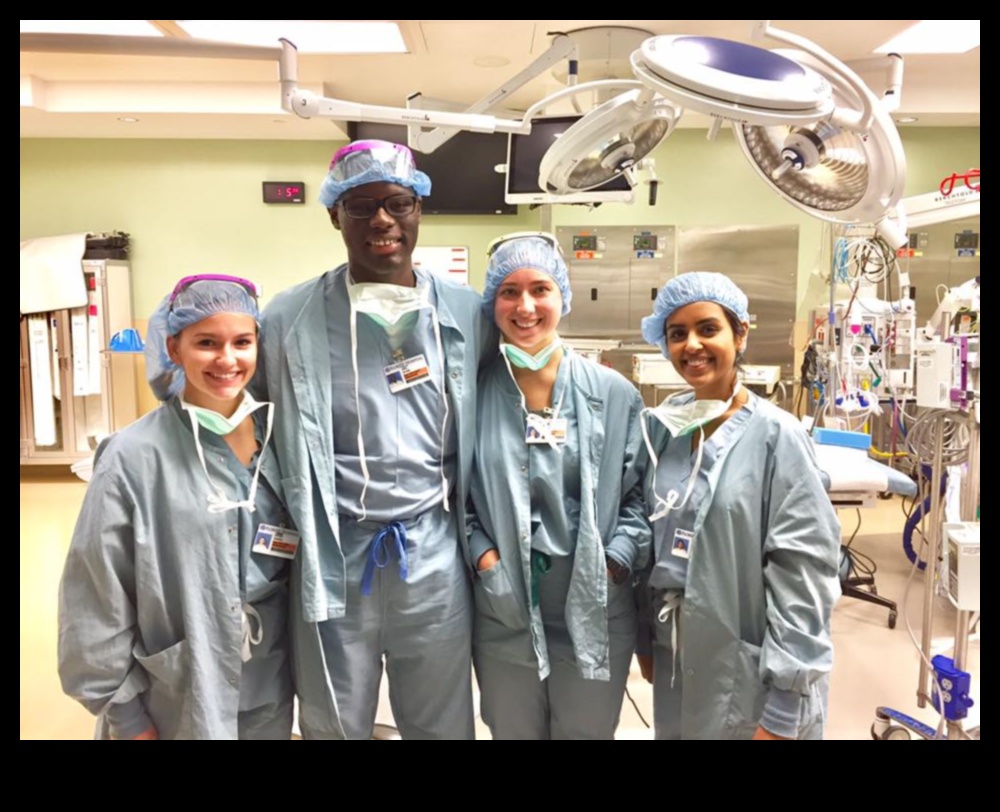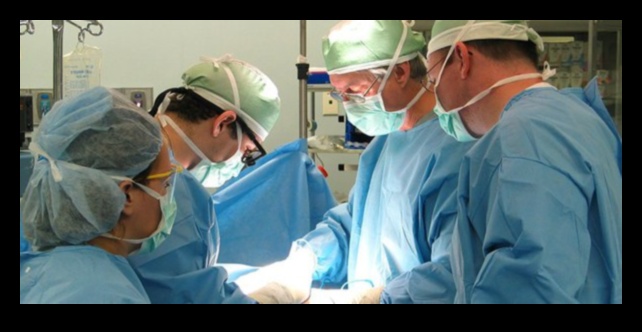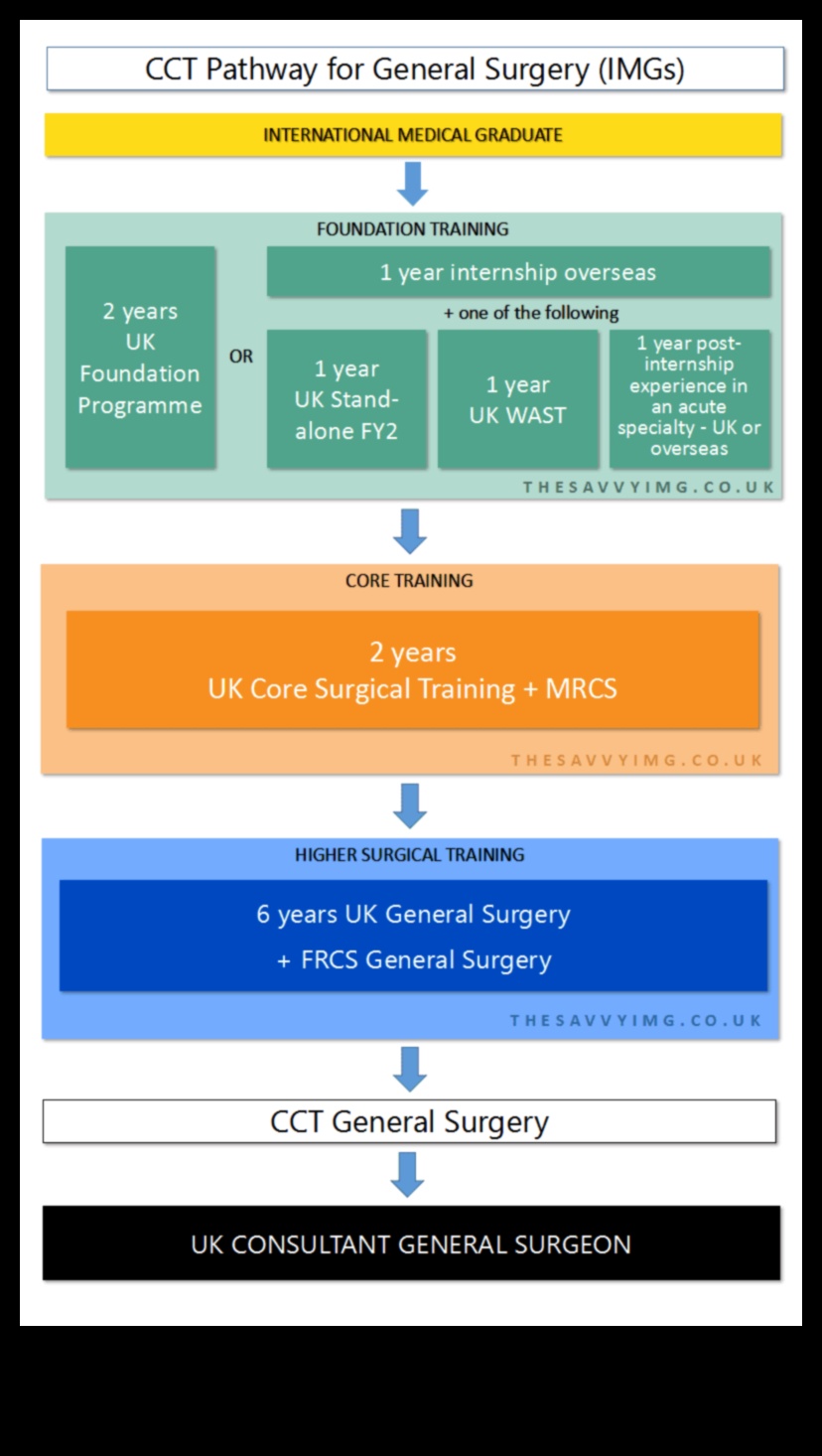
How long is a surgical internship?
A surgical internship is a period of training that typically lasts for one year. It is the first step in the surgical training pathway, and it is designed to provide aspiring surgeons with the skills and knowledge they need to begin their careers.
During a surgical internship, trainees will learn how to perform basic surgical procedures, such as suturing, wound care, and incision and drainage. They will also learn about the principles of surgical anatomy, physiology, and pathology.
In addition to clinical training, surgical interns will also participate in didactic lectures and seminars. These sessions will cover topics such as surgical ethics, patient safety, and medical law.
At the end of a surgical internship, trainees will be eligible to take the American Board of Surgery (ABS) certification exam. If they pass the exam, they will be granted the title of “general surgeon.”
The length of a surgical internship has been debated for many years. Some people argue that it should be longer, in order to give trainees more time to learn the skills they need to be successful surgeons. Others argue that it should be shorter, in order to allow trainees to get on with their careers sooner.
The current length of a surgical internship is one year. However, there are some medical schools that offer two-year surgical internships. These internships are typically offered to students who have already completed a one-year research fellowship.
Ultimately, the decision of whether or not to pursue a one- or two-year surgical internship is a personal one. There are pros and cons to each option, and the best choice for you will depend on your individual circumstances.
If you are considering a career in surgery, it is important to weigh the benefits and drawbacks of both one- and two-year surgical internships before making a decision.
| Topic | Features |
|---|---|
| Surgical internship | Length of surgical internship |
| Surgeon training | Residency |
| Medical school | Features |

2. History of surgical internship length
The history of surgical internship length is a complex one, with many factors influencing the length of time that surgical interns have been required to complete. In the early days of surgery, there was no formal training for surgeons, and most individuals learned their skills through apprenticeships. As surgery became more complex, it became clear that a more structured training program was needed, and surgical internships began to emerge.
The first surgical internship program was established in 1889 at the Johns Hopkins Hospital. This program lasted for two years, and it quickly became the model for other surgical internships around the country. By the early 20th century, most surgical internships lasted for two years, and this remained the standard for many years.
In the 1970s, there was a movement to shorten the length of surgical internships. This movement was based on the belief that surgical interns were being overworked and that their long hours were leading to burnout. As a result, the length of surgical internships was gradually reduced, and by the 1990s, most surgical internships lasted for one year.
The current length of surgical internships varies from program to program, but most programs last for one year. However, there is some debate over whether the length of surgical internships should be shortened or lengthened. Some people believe that surgical internships should be shortened in order to reduce the amount of stress on surgical interns, while others believe that surgical internships should be lengthened in order to provide interns with more training.
3. Current length of surgical internships
The current length of surgical internships varies from program to program, but it typically ranges from four to six months. The majority of surgical internships are five months long.
The length of a surgical internship is determined by a number of factors, including the number of surgical residents that the program trains each year, the number of surgical procedures that the program performs each year, and the availability of clinical training opportunities.
In general, surgical internships that are longer than five months tend to provide more comprehensive training in a wider variety of surgical specialties. However, longer internships also require more time and commitment from surgical interns.
4. Factors that influence surgical internship length
There are a number of factors that can influence the length of a surgical internship, including:
- The type of surgical specialty
- The location of the internship
- The number of surgical cases that the intern is expected to see
- The amount of research that the intern is expected to complete
- The availability of resources, such as operating rooms and staff
In general, surgical internships in the United States typically last between four and six months. However, some surgical specialties, such as neurosurgery and orthopedic surgery, may require longer internships. Internships in rural areas may also be longer than those in urban areas, as there are fewer surgical cases to see in rural areas.
The number of surgical cases that the intern is expected to see is also a factor in the length of the internship. Interns in surgical specialties that require a lot of operative experience, such as general surgery and orthopedic surgery, will typically have longer internships than interns in surgical specialties that do not require as much operative experience, such as ophthalmology and otolaryngology.
The amount of research that the intern is expected to complete can also impact the length of the internship. Interns who are required to complete a research project or thesis may have longer internships than interns who are not required to complete research.
Finally, the availability of resources, such as operating rooms and staff, can also impact the length of the internship. Interns who are working in a hospital with a lot of resources, such as a large number of operating rooms and a well-trained staff, may have shorter internships than interns who are working in a hospital with fewer resources.
5. Benefits of a longer surgical internship
There are a number of benefits to completing a longer surgical internship, including:
- Increased surgical skills and experience
- Improved patient care
- Greater confidence and competence
- More opportunities for research and teaching
- A better foundation for a career in surgery
A longer surgical internship allows residents to gain more experience in a variety of surgical procedures, which can lead to improved surgical skills and outcomes. Residents who complete a longer internship are also more likely to be confident and competent in their surgical skills, which can lead to better patient care. Additionally, a longer internship provides residents with more opportunities for research and teaching, which can help them to develop their skills in these areas. Finally, a longer internship can provide residents with a better foundation for a career in surgery, as they will have more experience and knowledge to draw on.

6. Drawbacks of a longer surgical internship
There are a number of drawbacks to a longer surgical internship, including:
- Increased cost
- Increased stress
- Increased risk of burnout
- Delay in starting a surgical residency
- Reduced opportunities for research and other non-clinical experiences
The increased cost of a longer surgical internship is due to the fact that surgical interns are paid a salary, and the longer the internship, the more money it will cost. Additionally, the longer the internship, the more time surgical interns will spend away from their families and friends, which can lead to increased stress and burnout. Finally, a longer surgical internship can delay the start of a surgical residency, which can make it more difficult for surgical interns to find a job after they graduate from medical school.
Despite these drawbacks, there are also a number of benefits to a longer surgical internship, including:
- Increased surgical skills
- Increased confidence
- Increased opportunities for mentorship
- Greater understanding of the surgical field
- Better preparation for a surgical residency
Ultimately, the decision of whether or not to pursue a longer surgical internship is a personal one. There are both benefits and drawbacks to consider, and each individual must decide what is best for them.
7. The debate over surgical internship length
There is a long-standing debate over the ideal length of a surgical internship. Some people believe that surgical internships should be longer, while others believe that they should be shorter. There are a number of factors that contribute to this debate, including the cost of surgical training, the amount of time that surgical residents need to learn the skills required to practice surgery, and the impact of surgical internships on patient care.
Arguments for longer surgical internships
- Longer surgical internships allow residents to learn more surgical skills and techniques.
- Longer surgical internships give residents more time to practice and develop their skills.
- Longer surgical internships allow residents to work with a wider range of patients and surgical procedures.
- Longer surgical internships help to ensure that residents are prepared for the demands of independent practice.
Arguments for shorter surgical internships
- Shorter surgical internships are less expensive than longer internships.
- Shorter surgical internships allow residents to start practicing independently sooner.
- Shorter surgical internships may reduce the risk of burnout among residents.
The debate over surgical internship length is likely to continue for some time. There is no easy answer to the question of how long a surgical internship should be, as the ideal length will vary depending on the individual resident and the specific training program.
Future of surgical internship length
The future of surgical internship length is uncertain. There are a number of factors that could influence the length of surgical internships in the coming years, including:
- The increasing complexity of surgical procedures
- The growing demand for surgical specialists
- The rising cost of medical education
- The increasing number of medical students
It is likely that the length of surgical internships will continue to increase in order to meet the demands of a changing healthcare landscape. However, it is important to balance the need for longer internships with the need to ensure that surgical residents are not overburdened.
Ultimately, the decision of how long surgical internships should be is a complex one that will require careful consideration of all of the relevant factors.
9. Conclusion
In conclusion, the length of a surgical internship is a complex topic that is influenced by a variety of factors. There are benefits and drawbacks to both longer and shorter internships, and the optimal length for any given individual will depend on their unique circumstances. Ultimately, the decision of how long to make a surgical internship is a matter of balance, and it is important to consider all of the factors involved before making a decision.
10. FAQ
Q: How long is a surgical internship?
A: A surgical internship typically lasts for one year.
Q: What are the benefits of a longer surgical internship?
A: A longer surgical internship can provide more opportunities for hands-on experience, which can help surgeons to develop their skills and become more confident in their abilities. Additionally, a longer internship can give surgeons more time to learn about different surgical techniques and procedures.
Q: What are the drawbacks of a longer surgical internship?
A: A longer surgical internship can be more demanding and stressful than a shorter internship. Additionally, a longer internship can delay surgeons’ entry into residency, which can lead to longer wait times for patients who need surgery.